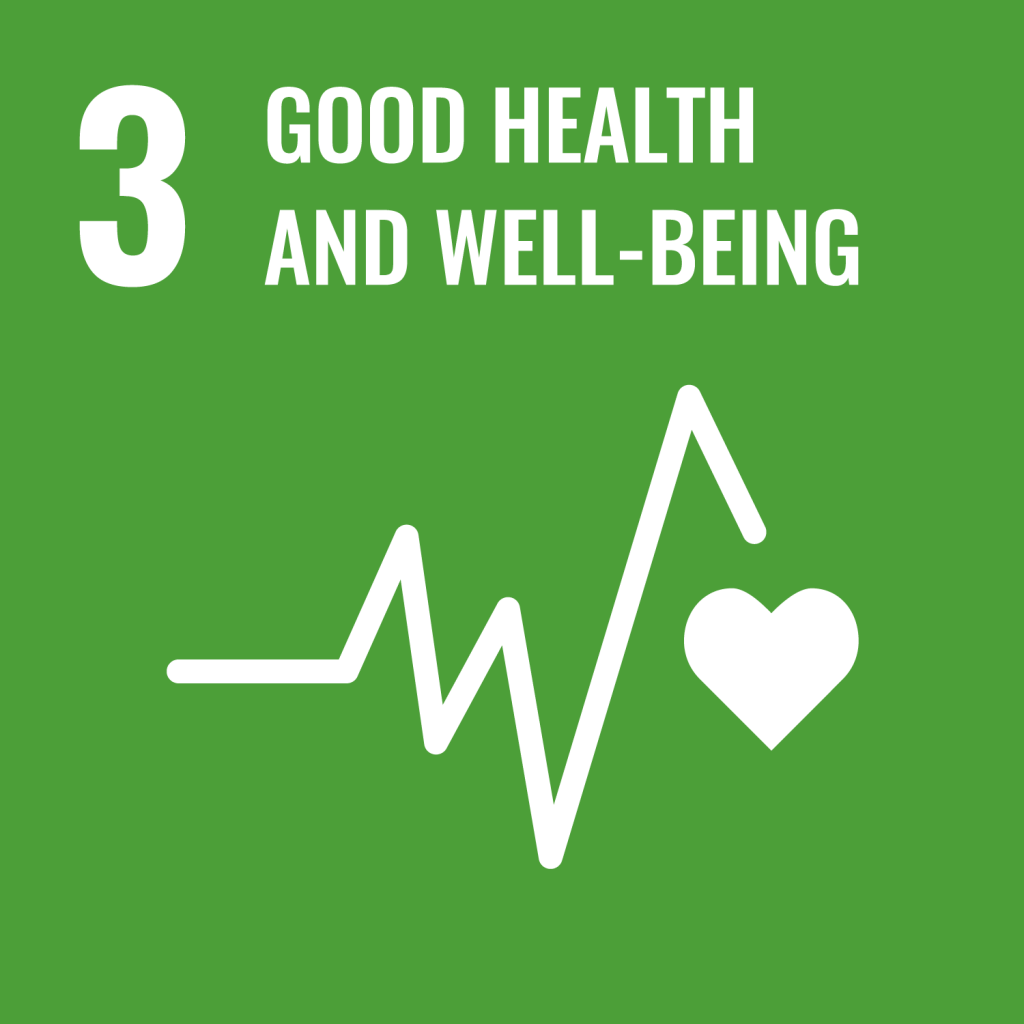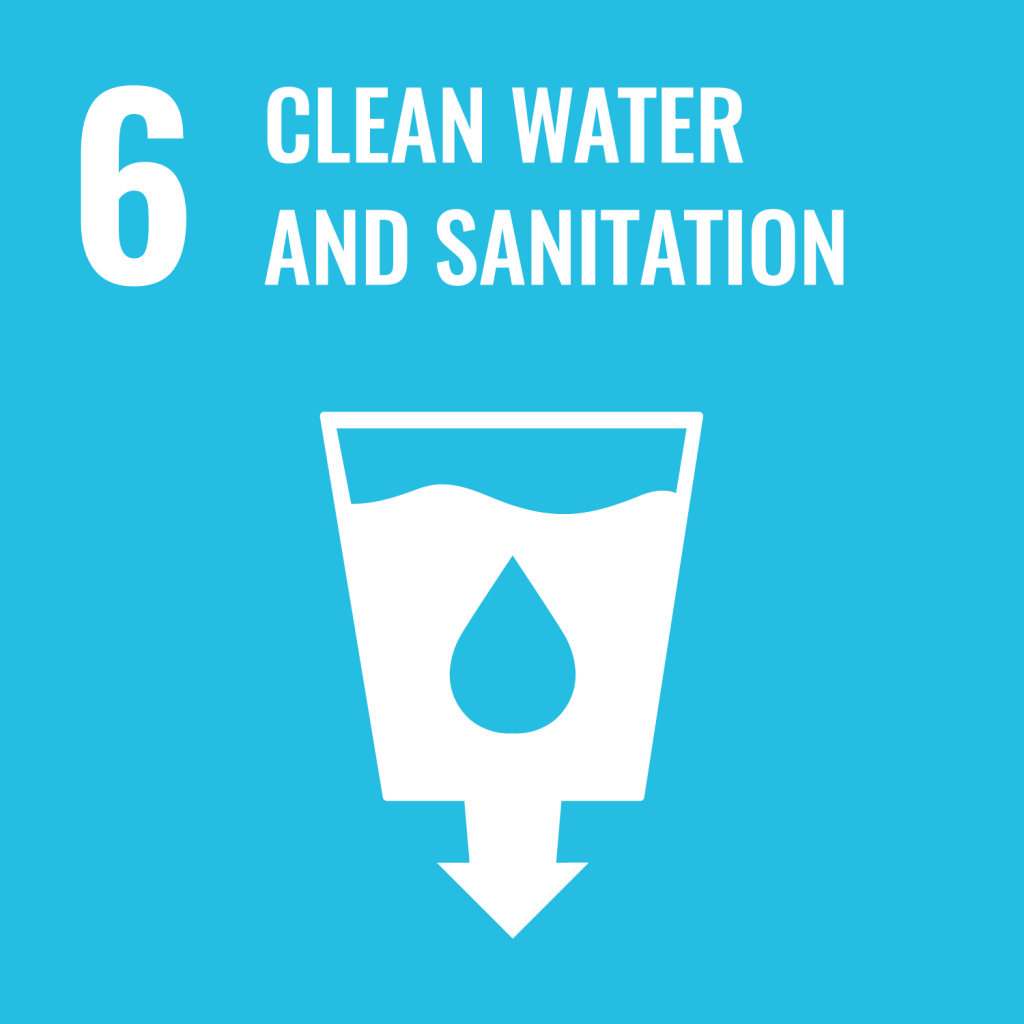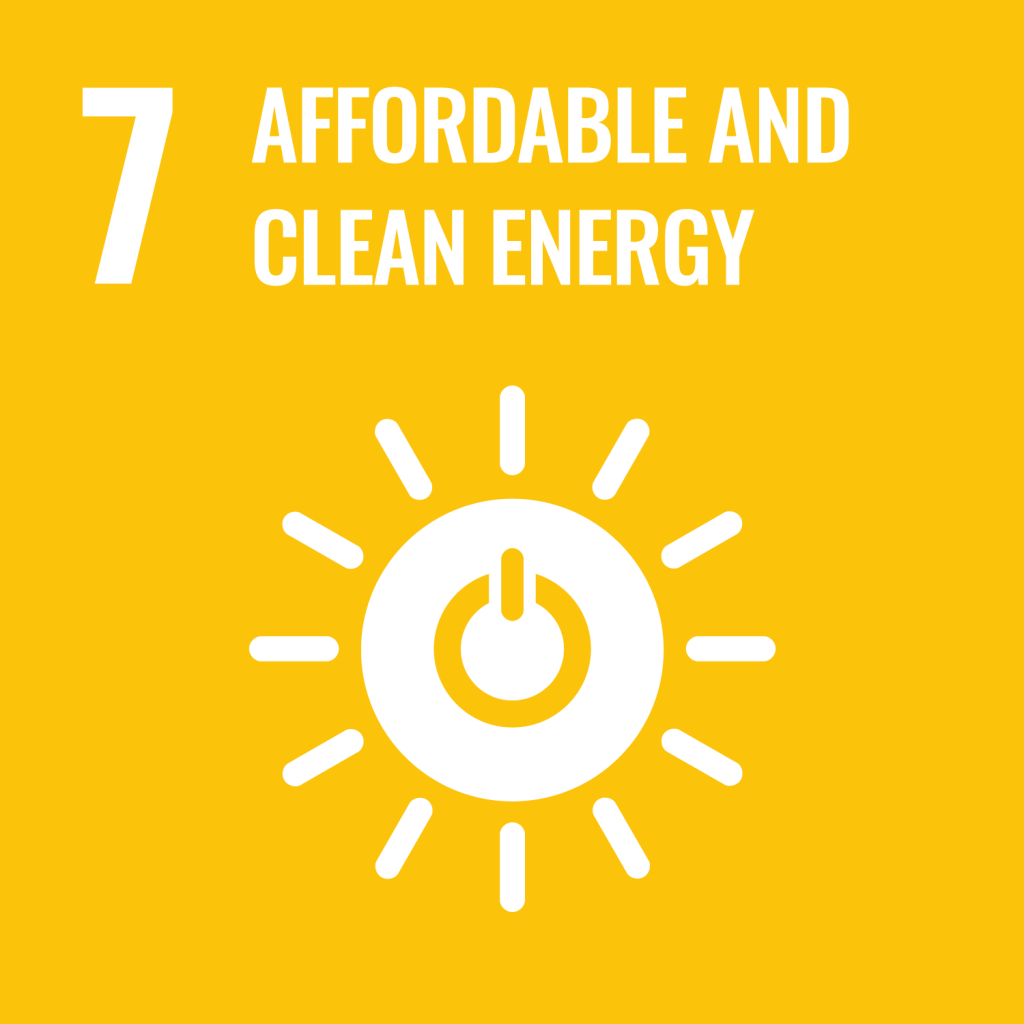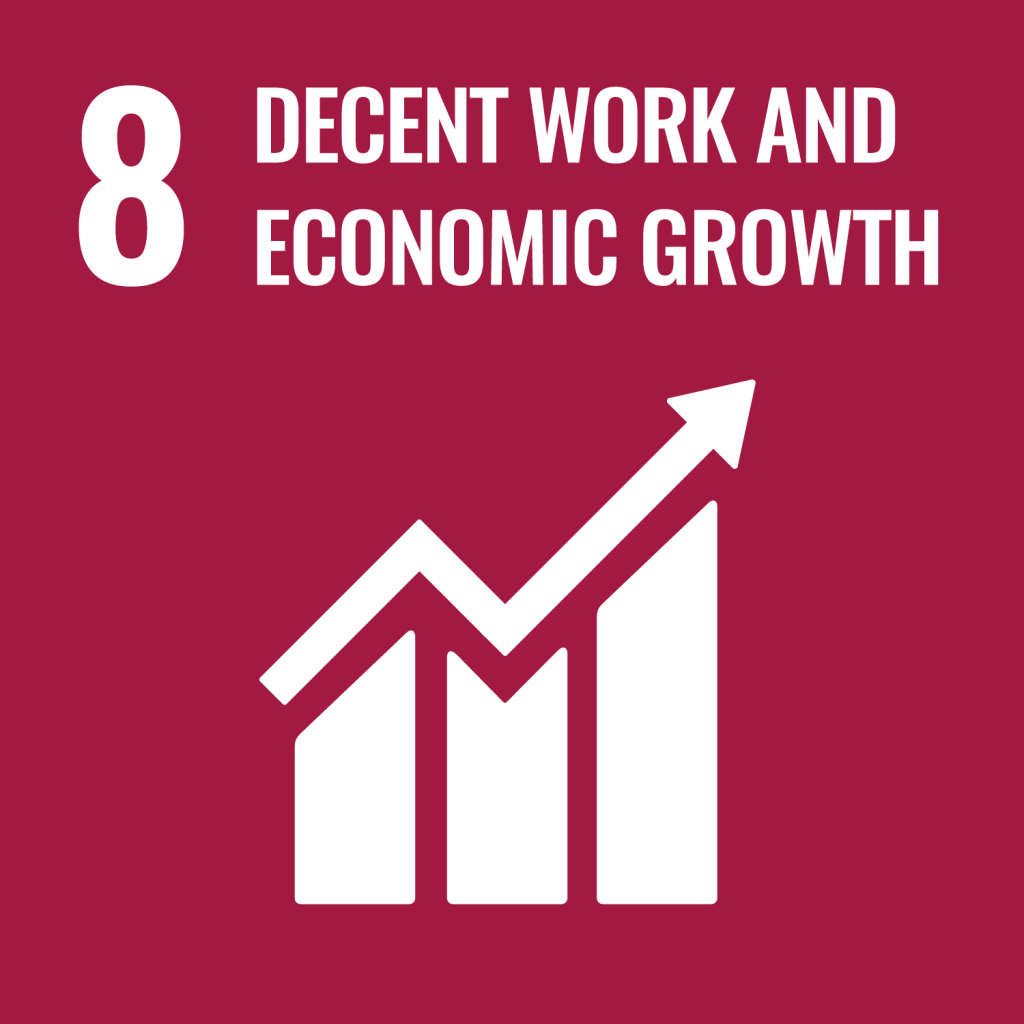Finca La Carrodilla
Small (10-49 employees)
Primary
Agriculture
Lesson
Think of the organization as a living system where each sustainability practice strengthens a component and accelerates the generation of value for the company. Companies with the capacity to invest in new initiatives can use their resources from an initial design to undertake a sustainable development process where each initiative promotes implementing the following practice. This case study demonstrates a connected system of multiple operations where each element of the business model has contributed not only to a sustainable SME in the environmental, social, and economic dimensions but also to an SME that actively promotes and seeks the establishment of sustainability for a productive region.
Background
Finca La Carrodilla, is a winery in Valle de Guadalupe, Ensenada, Baja California, Mexico. The Perez Castro family arrived in Valle de Guadalupe in 2005 and bought a small house in the town, which is currently known as ”Vinícola La Lomita”. They acquired twenty hectares that would later become Finca La Carrodilla. Of La Carrodilla’s twenty hectares, fourteen are destined for the production of organic vines and six for the winemaking process in the cellar with an area for the production of organic vegetables, a corral, an apiary, and a wine tasting area. La Finca is a family project that began in 2011. La Carrodilla has four mono-varietal wines: Chenin Blanc, Shiraz, Cabernet and Tempranillo. It also has a young red which is a blend of the three mono-varietal reds and a premium wine, Bordelaise blend.








Sustainability Story
The Perez Castro family traveled to observe operations in different wine regions of the world and the projects that they most admired were those that had characteristics that included special practices of organic, sustainable, and biodynamic viticulture. To them, these practices were the most necessary for the wine region and so they decided to start the path toward organic, sustainable, and biodynamic agriculture.
To achieve this, they searched for and recruited expert professionals in each subject who provided training to all field and winery personnel. In doing so they faced key challenges; resistance to change coupled with a lack of awareness of the importance of adapting and documenting new practices. In 2011, they became accredited, making them the first Mexican wine producer to obtain Organic Certification in its grape production processes and winemaking process.
Currently Finca La Carrodilla complies with the National Certification of Mexico called ”Organic Production Law- LPO” and the International Certification for sale of its wine in the United States ”Organic Production Standards-NOP”, both certifications are carried out by the international certification body ”CCOF”, or California Certified Organic Farmers. “Árbol” is the name of the first certified organic wine in Mexico.
For all this, Finca La Carrodilla proposes a new way of making wine, with which it intends to open the doors for sustainable agriculture in the Valle de Guadalupe region, where care for the environment and respect for it govern the way of making wine. Sustainable practices are thus implemented in the cleaning, selection, and meticulous care of the winemaking process.
They have an orchard on site, four cows, six sheep, two dozen chickens, hundreds of bees, and forty thousand vines. To this day, they continue to be pioneers in sustainability issues and are now an example for other local winemakers, viticulturists and consultants who are adopting Finca La Carrodilla’s sustainability practices in the fields and wineries of Valle de Guadalupe.
Finca La Carrodilla Practices
| Regenerative agriculture system | Water management | Solar Energy in Winery | Fire Brigade with Community | Ecosystem Conservation |
|---|---|---|---|---|
| Practice regenerative agriculture by composting, using free grazing, and being producers of their own input. | Practice responsible and comprehensive water management by recycling water for nonhuman use. | Expand renewable energy sources at the winery. | Communicate and mobilize with the local community to increase disaster response, particularly in relation to fires. | Engaging with the local community to hire local labor and advocate for the conservation of local areas with local competitor firms. |
Pathway Map
Ecosystem Conservation
View the Pathway MapFire Brigade with Community
View the Pathway MapRegenerative Agriculture System
View the Pathway MapEnabling Factors for Practices
| Internal to the organization | External to the organization |
|---|---|
| The vision and values of the owners directed from the beginning to make investments to create a company based on sustainable practices and organic and biodynamic production. | Consultants specialized in organic certification and soil management. |
| Hiring of expert engineers in agronomic issues and in turn in the implementation of each of the practices such as composting and organic gardening. | Collaboration with an organization dedicated to the rescue and relocation of swarms, called ''Colmenas del Valle''. Colmenas del Valle | Facebook |
| Collaboration with local producers to receive mushrooms and integrate them into the composting process. | Collaboration with an international non-profit organization that promotes organic agriculture for a healthy world through organic certification, education, advocacy and promotion, called CCOF (California Certified Organic Farmers) About CCOF | CCOF |
Arresting Factors for Practices
| Internal to the organization | External to the organization |
|---|---|
| Lack of financial resources for the purchase of more solar infrastructure required to increase the use of solar energy. Additional limits to invest additional resources to provide materials, equipment and tools to local fire station volunteers. | Lack of incentives and/or subsidies from government entities, specifically from agricultural agencies for the implementation and expansion of sustainable practices. |
| Specifically for the Apiary: an adaptation area for bees within the farm that maintains native vegetation is required. | Lack of support from the local and national government for the care and conservation of protected natural areas. |
| Organic production processes generate high costs in inputs and practices, approximately 35 to 40% more compared to conventional grape and wine production. | Currently the use of land is not respected, next to Finca La Carrodilla "big hotels" are being built on land destined for agricultural use and protected areas. |
| The production volumes of organic grapes are less than the production of conventionally treated grapes. |
Lesson for Disaster Risk Reduction
The company developed an internal civil protection plan with a specific protocol for fires and for any medical emergencies (first aid). Given the location and distance to the main fire station, La Carrodilla coordinated with other local wineries and the community and invested in a local brigade made of local volunteers.
Further, they have insurance for against fires and material damage through a private company. This transfers part of the risk to through insurance.
